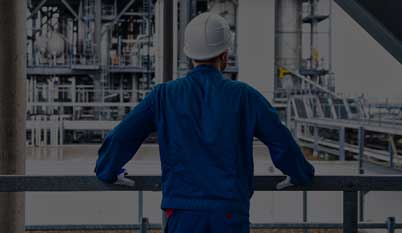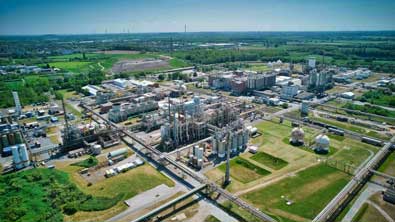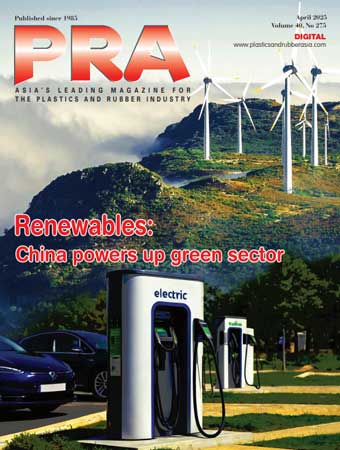Plants: Trinseo to close MMA/ACH plants in Italy, mulling PS closure in Germany; Ineos to shut epoxy resin feedstock/chlorine plants in Germany

In the latest in the line of plant closures in Europe, speciality materials firm Trinseo says it will permanently close its methyl methacrylate (MMA) production operations at its Rho, Italy, facility and its acetone cyanohydrin (ACH) production operations in Porto Marghera, Italy. ACH is a precursor to MMA. These are anticipated to be completed by the end of the year.
Plus, it is also mulling over closing its polystyrene (PS) production at its Schkopau, Germany, production site and consolidating theremaining PS production into its Tessenderlo, Belgium location.
The plans are aimed at further optimising its operations, enhancing cash flow generation and strengthening long-term profitability and the PS, MMA and ACH plant closures are expected to result in annualised profitability improvement of approximately US$30 million.
Moving forward, the company says it will source MMA feedstock from third-party producers, ensuring continuity of supply while improving overall cost to produce downstream products. Trinseo adds it will continue its polymethyl methacrylate (PMMA) operations along with its recently opened depolymerisation pilot facility in Rho.
In connection with the Italy MMA restructuring, Trinseo expects to record pre-tax charges for employee-related costs, asset-related and impairment charges and costs to exit production activities, including contract terminations, demolition and decommissioning ranging from US$80 million to US$100 million.
Trinseo President/CEO Frank Bozich stated, “These plans are a by-product of the continuing challenges we and our peers in the European chemical industry have been facing for the past several years, including weak end market demand, high energy prices, and increased imports from Asia.”
Trinseo has already stopped styrene production in the Netherlands and Germany. Last year, it announced the closure of a polycarbonate plant in Germany.
In related news, UK’s Ineos says it will shut two production units in Rheinberg, Germany, which produce epoxy resin raw material epichlorohydrin; and chlorine and caustic soda. Ineos will continue to produce polyvinyl chloride (PVC) at the site. About 175 jobs will be eliminated, leaving about 300 jobs at the PVC site location, the firm says.

The allylics unit makes the key ingredient for epoxy resins vital in defence, aerospace, cars and renewable energy infrastructure. The electro chemical facility produces chlorine crucial for clean water, medicines, industrial processes and sanitation.
These closures are part of a wider trend as Europe’s competitiveness collapses. Since 2019, output in Germany has dropped by 18%, driving job losses and reduced investment.
Meanwhile, Ineos has closed plants in Grangemouth (UK), Geel (Belgium). It is closing Gladbeck (Germany), and has mothballed assets in Tavaux (France) and Martorell (Spain).
It added, the closures are the direct result of crippling energy and carbon costs, and a lack of tariff protection, further stating that unlike the US, Europe continues to leave its markets wide open.
Stephen Dossett, CEO of Ineos Inovyn, said: “Europe is committing industrial suicide. While competitors in the US and China benefit from cheap energy, European producers are being priced out by our own policies and absence of tariff protection.”
In the press release, Ineos says the US has introduced tariffs blocking commodity chemicals from China, South Korea, and Taiwan, some of which are based on Russian feedstocks. Europe, in contrast, “opens its doors to displaced local production.”
(PRA)SUBSCRIBE to Get the Latest Updates from PRA Click Here»










